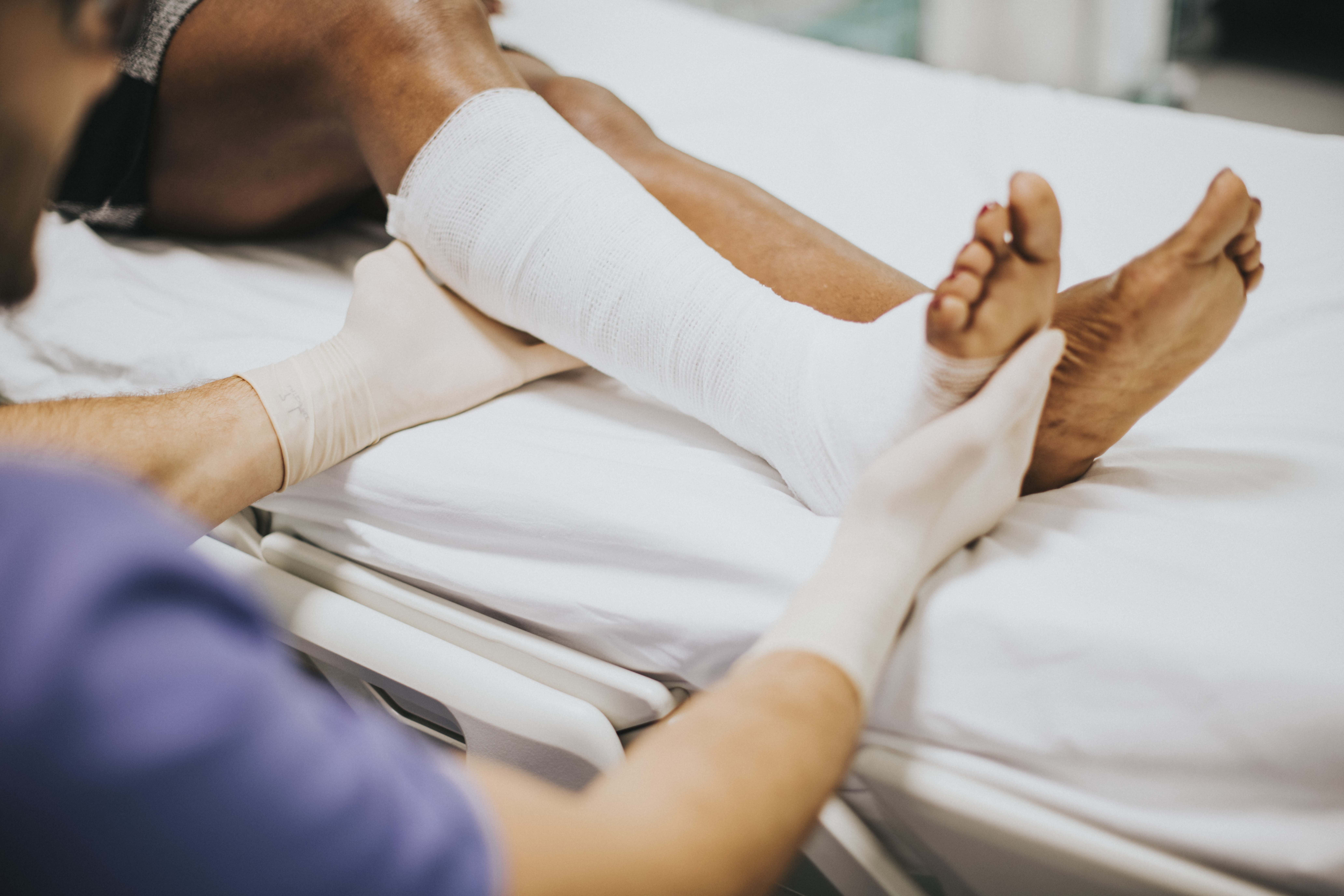Apr 14, 2025

Diabetes is a chronic condition caused by impaired insulin function, leading to elevated blood sugar levels. One of the most serious complications of diabetes is diabetic foot ulcers, which, if neglected, can result in severe infections and even amputation.
High Blood Sugar: Prolonged elevated glucose damages nerves (peripheral neuropathy) and blood vessels (peripheral artery disease), reducing sensation and blood flow to the feet.
Numbness: Patients may not feel pain, heat, or cold, leading to unnoticed injuries (e.g., cuts, blisters, ingrown toenails).
Poor Healing: Restricted blood flow slows wound healing, increasing infection risk.
Foot Deformities: Nerve damage can alter foot structure, creating pressure points prone to ulcers.
Long-term diabetics (5–10+ years) with poor blood sugar control.
Smokers.
Elderly patients.
85% of amputations are preventable with early detection and vascular care.
Mild Symptoms: Calf pain while walking (claudication) due to reduced blood flow.
Chronic Wounds: Untreated injuries become infected, non-healing ulcers.
Severe Infection/Gangrene: Tissue death requiring amputation.
Control Blood Sugar: Maintain HbA1c <7% through diet, medication, and monitoring.
Daily Foot Inspection:
Use a mirror to check soles, heels, and between toes.
Look for cuts, redness, swelling, or discoloration.
Foot Hygiene:
Wash feet daily with lukewarm water; dry thoroughly.
Moisturize (avoid between toes).
Trim nails straight across; avoid cutting cuticles.
Footwear: Wear well-fitting shoes and cotton socks. Avoid walking barefoot.
Quit Smoking: Smoking worsens blood circulation.
Any foot wound, no matter how small.
Signs of infection: redness, warmth, pus, foul odor.
Unexplained pain, swelling, or skin color changes.
Early intervention saves limbs! Visit Synphaet Theparak Hospital’s Diabetes Clinic for specialized care.

